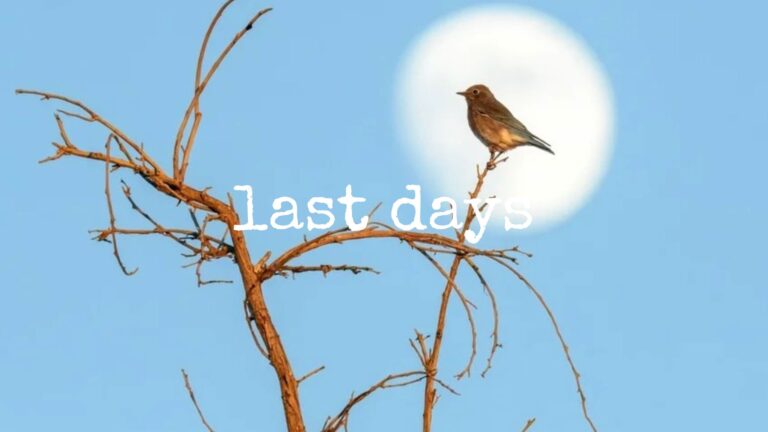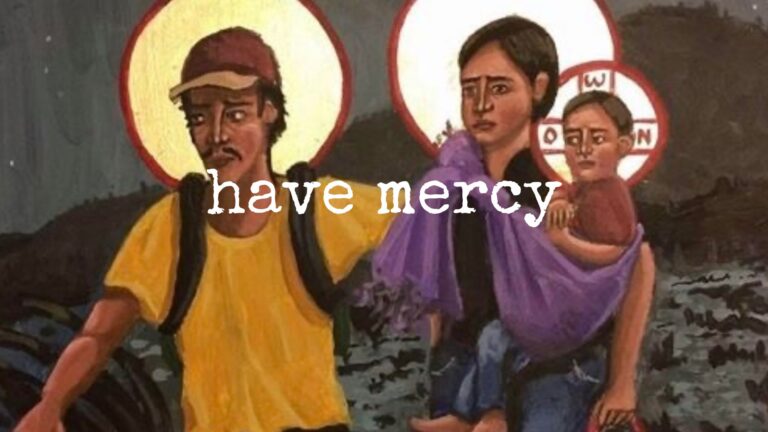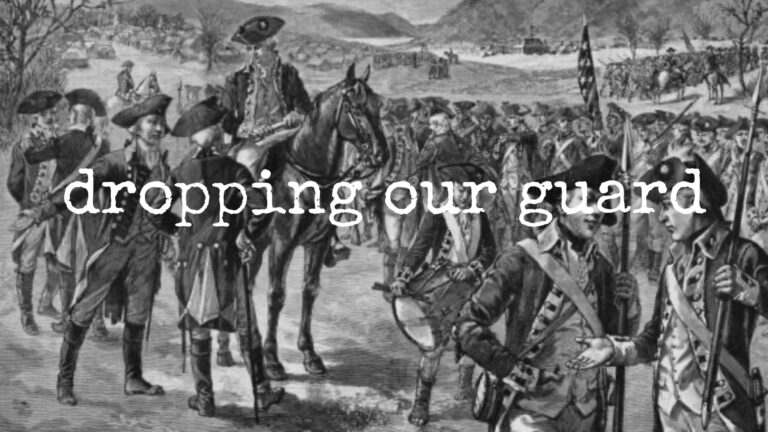I found some new things (well, new to me) as I read the story of Jesus’ baptism this year. Here’s what I said in my sermon.
___________________________
When it comes to Bible stories, particularly the ones we have heard during Advent and Christmas, and now going into the season after Epiphany, we often carry a sense of familiarity, as though we really understand the details of the story. We forget to remember that we don’t really have a grasp of what life was like in first century Palestine. We don’t often think about what people ate, or what their houses were like, what they did for work, or remember that they had to walk to get from place to place.
For the most part, the gospel accounts are not concerned with many of those details. As we have noticed before, they leave out a lot of stuff, from how much time has passed between events to the tone with which things were said.
Keep that in mind as we look at and listen to John the Baptist as he spoke to those who had come to be baptized. First of all, understand that he was at the Jordan River, which was close to the distance of a marathon from Jerusalem. Most everyone who came out to hear him had walked there and would have to walk home. There were no hotels along the river, nor were their restaurants. Yet, Luke says, crowds came. They wanted to hear what he had to say.
And John greeted them by saying, “You children of vipers!” (Probably not the welcome they had hoped for.) Then he told them they needed to repent—to change their hearts and minds—or they would be cut down like a dead tree and used for firewood. (Another comforting image.)
We might expect that they would have been at least taken aback, if not offended by his words; instead, they wanted to know more. (Which might have surprised John.)
They said, “Okay—so what should we do?” Don’t just yell at us–help us understand how to change.
That’s what the word repent meant in those days: to change your heart and mind. We are accustomed to thinking it means to be sorry for what we have done wrong, but it is larger than that, and more hopeful. John wasn’t calling them to simply be remorseful, he was calling them to pay attention to their lives and their relationships, to not allow themselves to simply go through the motions, to take an honest look at their lives and do things differently.
In response to their questions, he gave them practical things to do to help them understand what a changed life looked like: if you have more than you need, share it; don’t cheat others in your business for your own gain; and don’t use your power to your advantage.
All of those changes meant letting go of the way they were used to living, and to make changes that needed to happen; still, another word for change is loss. To change the way we live means to lose our comfort and the way we are used to being in the world.
Not too many chapters away from where we read this morning, Jesus said, “Lose your life to find it,” which is another way of calling us to change.
Now I get to tell you my favorite thing that I learned this week.
Our word lose comes from an old Norse word that meant “to disband an army.”
What it means to lose our lives is to disband our security forces, to let go of what we think we need to be safe so we can find out what it means to be faithful and compassionate.
We get lost in other ways as well. In our hymn “Love Divine, All Loves Excelling,” we sing of being “lost in wonder, love, and praise,” which means dropping our guard so that we can truly feel the presence of God. We can lose ourselves in a piece of music or a great story. When we are with the ones we love, we lose track of time.
As I offer those images, I don’t want to overly romanticize what it means to lose someone or something. My mother would have been 93 today. She died nine years ago this week. Since her death, my brother and I have both had to learn how to disband the armies we used to distance ourselves from each other and learn how to be family.
To disband our armies, for whatever reason, means to leave ourselves unprotected, which is risky and scary and hopeful all at once. And when we choose to feel vulnerable, love finds us.
The way the gospel writers tell it, Jesus didn’t make the trip out to the Jordan to see his cousin just to put on a show. He came to be baptized. He came to mark a change in his life, to repent. For thirty years he had lived in Nazareth. We don’t know what he was doing, though we could guess he might have worked with Joseph as a carpenter. And then he made a change—he repented—and that started with coming for baptism. He was not the same after that.
Luke doesn’t have all of the details included in the other gospels, but the image he paints is interesting. Look at the phrasing in the verse: “When everyone was being baptized and Jesus also was baptized and was praying, the heavens opened up.” Much like we said when we talked about the scene of Jesus’ birth and new understanding that the Greek word doesn’t mean inn, but means “a guest room,” which meant Jesus was born in the middle of a crowd, his baptism was in the context of a larger community as well.
There in the middle of the swirl of people and water, Jesus (and perhaps everyone else) felt the breath of God and heard a voice say, “You are the child I dearly love; I find delight in you.”
The story with John calling people baby snakes and ends with God saying, “It’s you! I ADORE you!” in response to Jesus’ commitment to change—his repentance—so he could grasp who he (and everyone else) were in God’s eyes.
Jesus walked back from the Jordan as a changed person, as we shall see in the weeks to come as we move through Luke’s gospel. He began to teach and preach and travel in ways he had not done before. When he finally got back to Nazareth, they hardly recognized him because of the strength of his compassion and focus.
As followers of Christ, we are called to repent. We are called to keep taking honest looks at ourselves, even when things seem to be going pretty well. We are called to see where we have become complacent or overly comfortable, where we have allowed our protective forces to camp for too long such that we have lost sight of who we are in God’s eyes. To fully grasp what it means to be wonderfully and uniquely created in the image of God and worthy of love (“It’s you! I ADORE you!”) means to risk that same kind of love in what we say and do.
With that in mind, I want to ask you a few questions. These are not things you have to answer out loud. Think of them more as a guided meditation. Make sure you are sitting comfortably. Close your eyes if you like. When you hear God’s call to repent, to change your heart and mind, what or who comes into your thoughts? What armies do you need to disband inside yourself so that you can lose yourself in loving God and others? Who do you know who needs to hear that they are wonderfully and uniquely created in the image of God and worthy to be loved? What practical things can you do to help them see that love?
As we ponder these things, may we remember that repentance is not a one and done kind of thing. It is a way of life. A way of being. A way of choosing to keep disbanding armies and opening our hearts every chance we get. Amen.
Peace,
Milton









